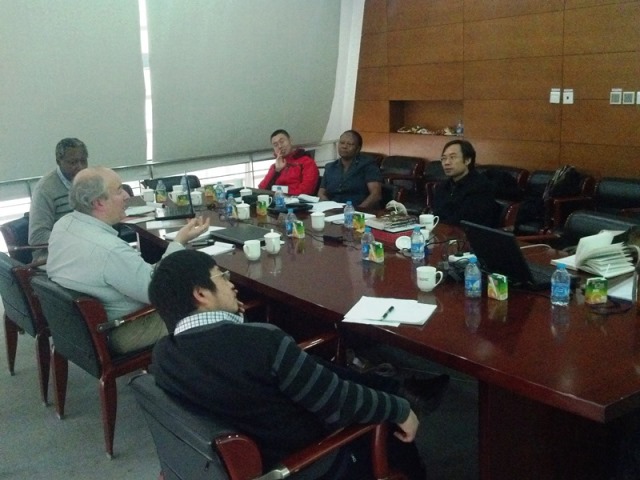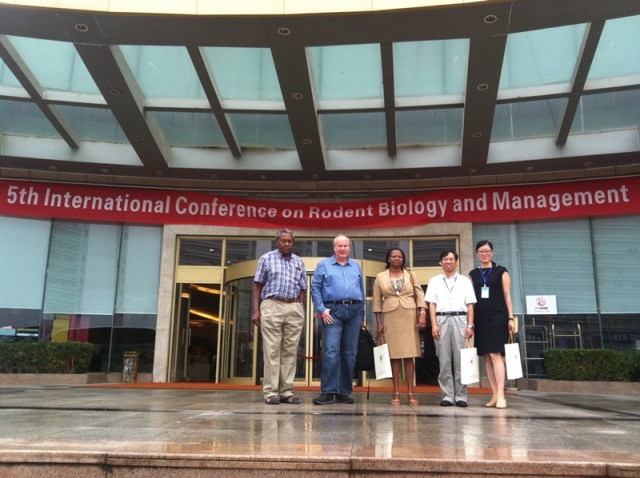December 2015
As the project comes to a completion and all results are analysed, project research shows that both males and females of the multimammate rat, Mastomys natalensis, are adversely affected by the contraceptive. In females this manifests itself by inducing uterine oedema. In males, sperm production and motility decline. Pairing treated with untreated animals confirms that males and females that have consumed the hormone are unable to reproduce. Field trials comparing the contraceptive with a rodenticide and untreated control area show that the contraceptive is more effective in preventing the expansion of rodent populations.


August 2015
Training and awareness raising with farming communities showed that communities were open to the idea of using fertility limiting baits if they are better able to stop rodent outbreaks from occurring. Farmers were trained on how best to prevent environmental contamination (whether using poisons or contraceptives) by using bait stations.
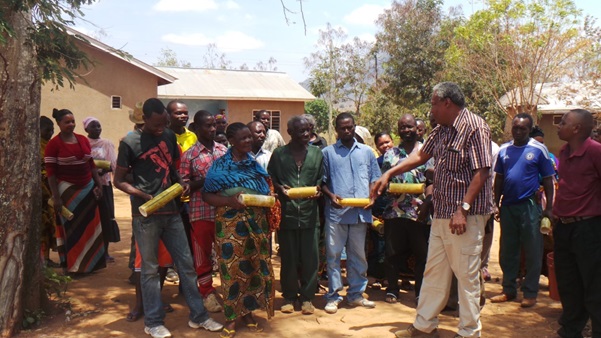
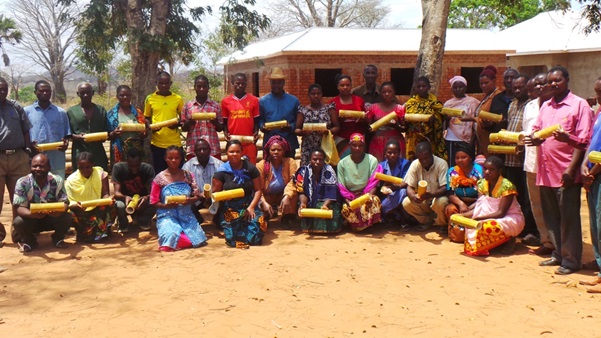
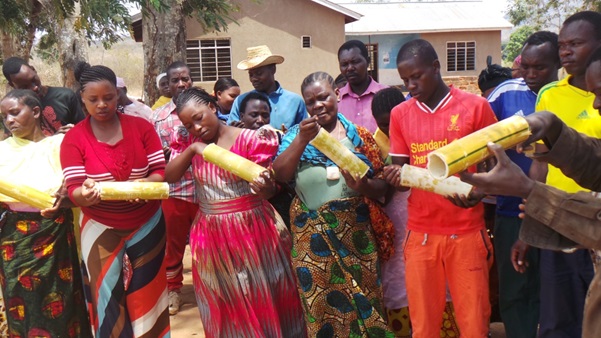
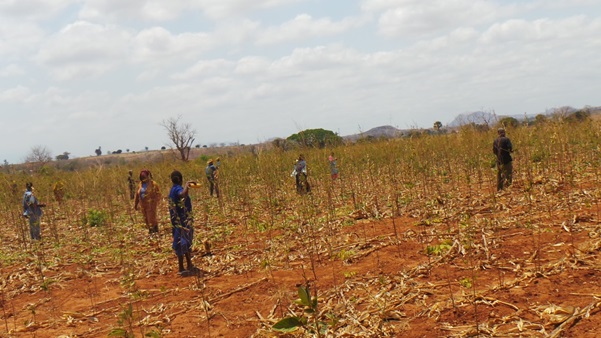
June 2015
Monitoring of field trials is done every month to assess population size of rodents. This is done by capturing live rodents, marking them and releasing them. The number of recaptured rodents helps calculate the population size over time.
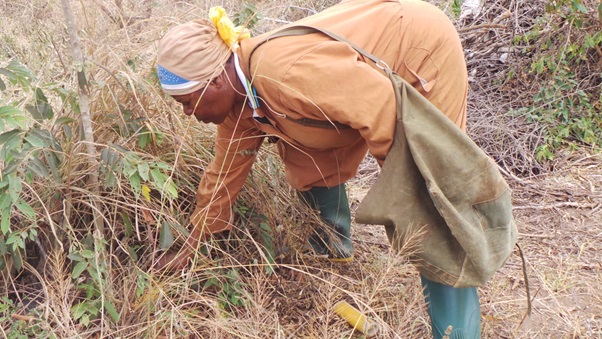
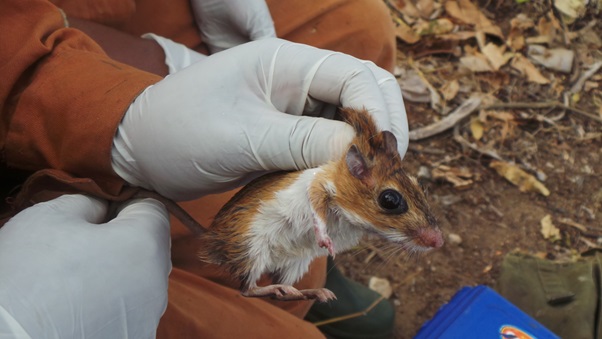
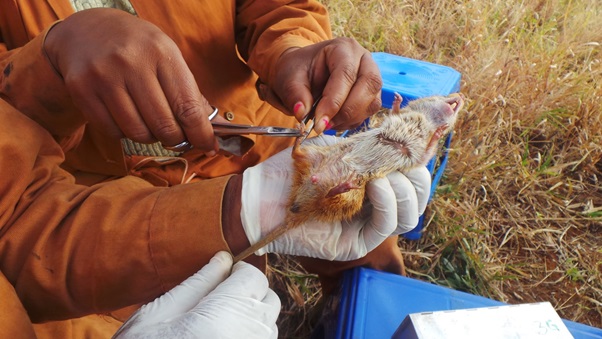
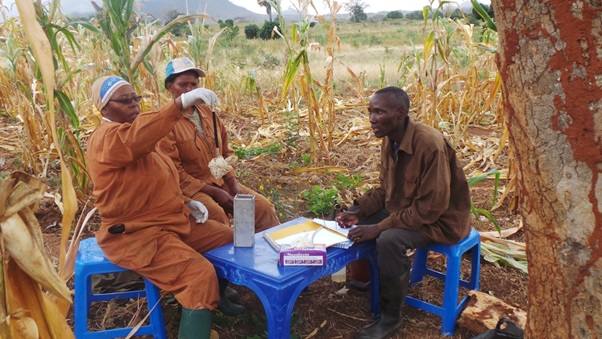
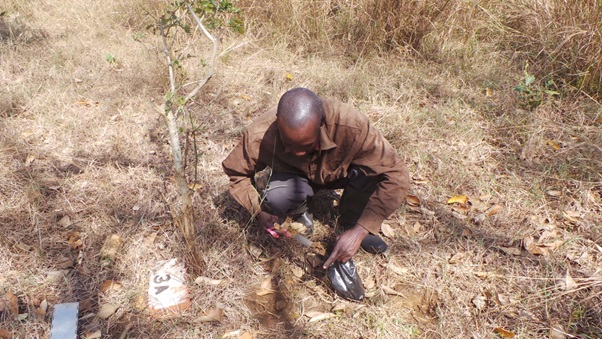
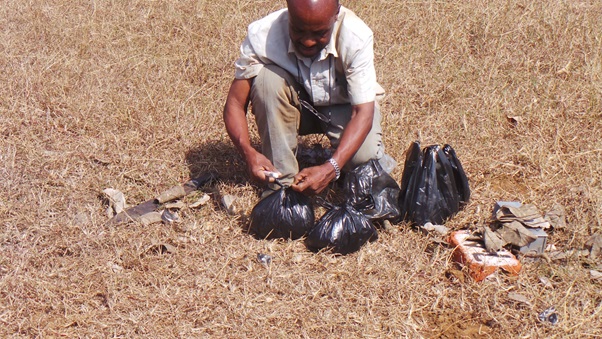
May 2015
Field trials are set up to test whether the contraceptive baits can manage rodent populations more effectively than using rodenticides

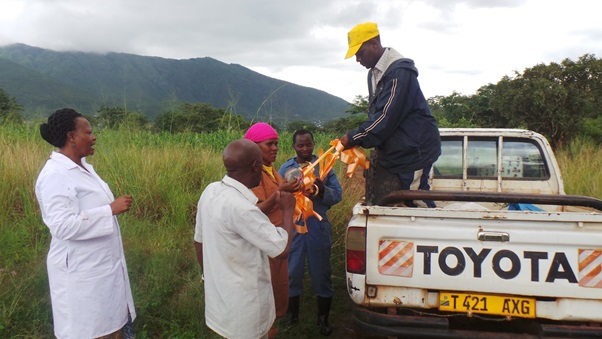
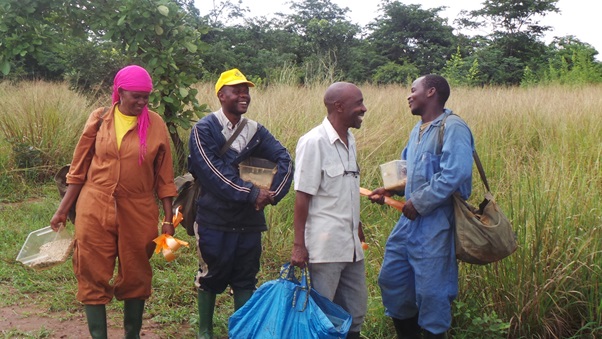
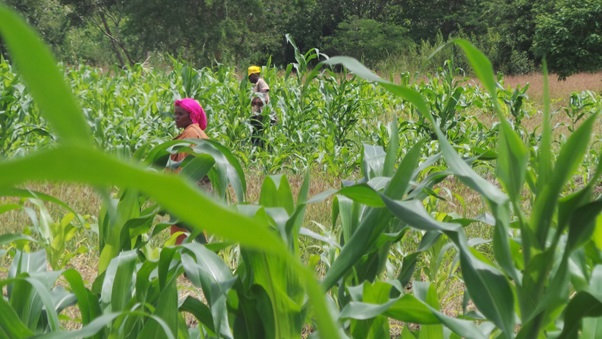
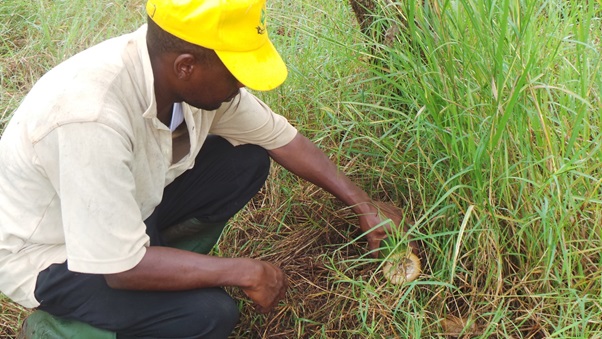
April 2015
Outcomes of project research were presented at the 12th African Small Mammal Syposium, Mantasoa, Madagascar
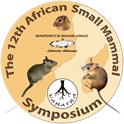
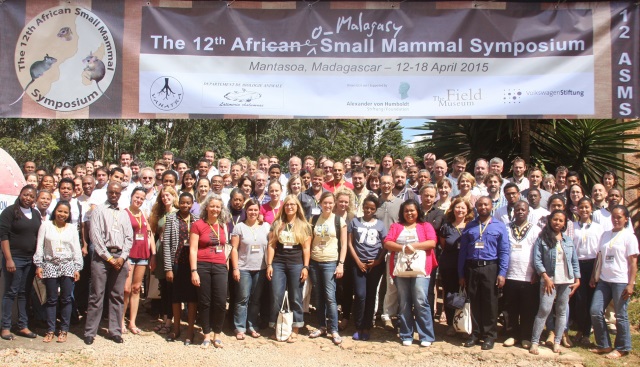
March 2015
The project team attended the AgriTT Research Challenge Fund Conference 17-18 March in Beijing. Professor Belmain provided an overview of progress achieved to develop rodent fertility control.
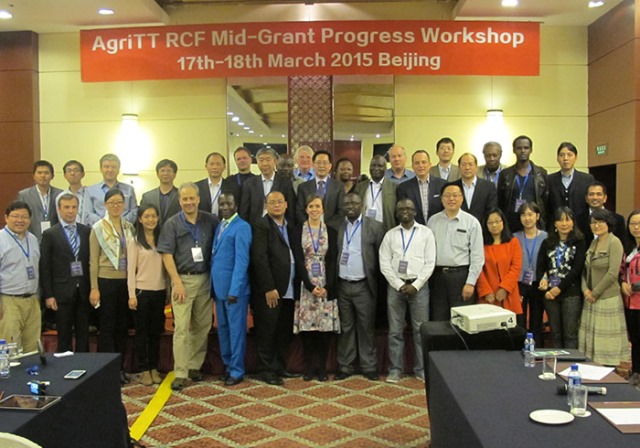
August 2014
Members of the project team come together as an opportunity to follow up project planning and discussion at the 5th International Conference on Rodent Biology and Management at Zhengzhou, Henan, China, 25-29 August 2014
February 2014
The project was officially launched at an inception workshop hosted by the Institute of Zoology, Chinese Academy of Sciences, Beijing, China. Partners from the Natural Resources Institute (NRI), University of Greenwich and the Pest Management Centre, Sokoine University of Agriculture were in attendance.
The Natural Resources Institute (NRI) summarises the project launch in a Press Release and its online newsletter, The Resource
